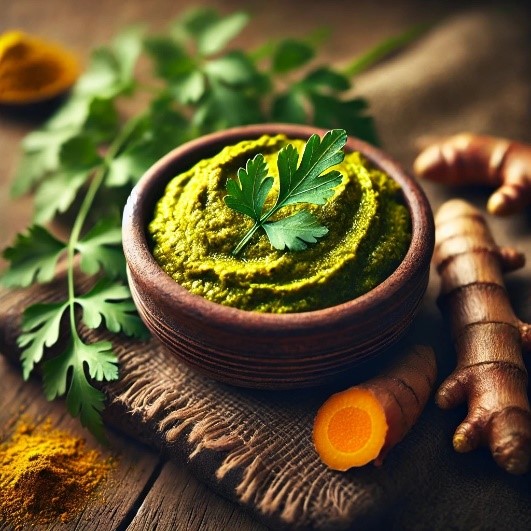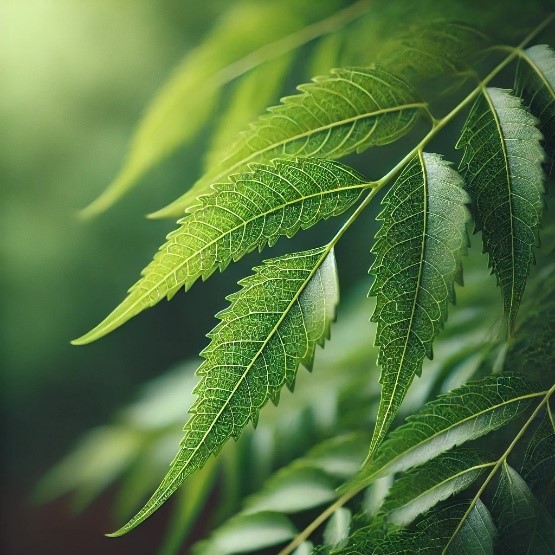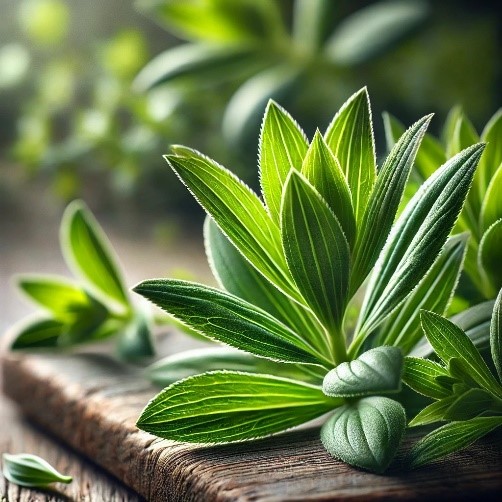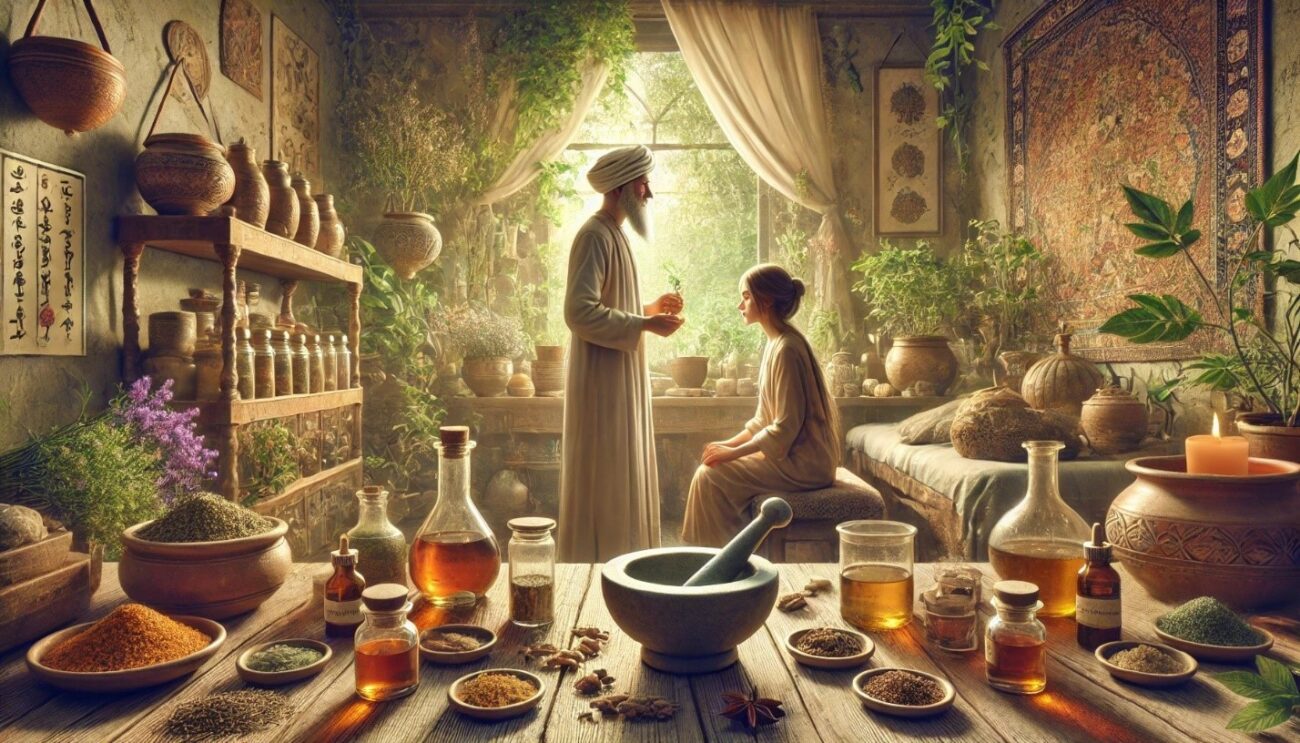Acne: Understanding, Causes, and Tibb Remedies
What is Acne?
Acne is a common skin condition that occurs when hair follicles become blocked with oil and dead skin cells. It often affects areas like the face, neck, chest, back, and shoulders.
Signs & Symptoms
Acne presents itself as blackheads, whiteheads, pimples, or even painful, pus-filled cysts on the face, shoulders, upper back, and chest. The affected areas often appear greasy or oily, inflamed, and can feel sore.
Complications
Acne can lead to scarring, especially if left untreated.
What Causes Acne?
During puberty, hormonal changes increase the production of sebum (an oily substance that protects the skin), which can clog pores. People with naturally oily skin or those who indulge in junk foods like chocolate and fried items are more prone to acne. Stress may worsen acne but is not a primary cause.
The Tibb Perspective on Acne
In Tibb philosophy, acne is seen as a result of excess body heat. Adolescence, a period of growth and change, generates considerable internal heat, spiking hormone production, and, in turn, oil output. Lifestyle habits that intensify body heat, like poor diet and stress, can worsen acne. Individuals with a dominant or sub-dominant sanguinous temperament are particularly susceptible.
Managing Acne with Tibb Principles
Tibb’s approach focuses on reducing excess body heat and balancing the system by incorporating lifestyle factors that cool and calm. This helps Physis—the body’s innate healing force—address the root causes of acne.
Tibb Lifestyle Guidelines
Food and Drink:
- Choose cooling foods: Include plenty of cold and moist foods such as carrots, cucumber, lettuce, and rice. Follow with cold and dry foods like citrus fruits, yogurt, fish, and beans.
- Limit warming foods: Avoid excessive hot and dry foods like eggs, chickpeas, onion, and chili, and reduce hot and moist foods like sugar, cheese, and red meat.
- Steer clear of spicy, fried, and sugary foods: These can feed acne-causing bacteria and reduce immune response. Maintain steady blood sugar levels, as spikes can stimulate androgen production, which worsens acne.
- Prefer steamed fish over red meat: Saturated or hydrogenated fats can contribute to acne formation.
- Eat a low-glycemic diet: Opt for raw or steamed vegetables, fruits, and whole grains.
- Boost fiber and probiotics: Adding carrots, cucumbers, lettuce, and plain yogurt to meals aids in detoxification and reduces heat.
- Try intermittent fasting: Periodic fasting allows Physis to remove toxins and restore balance.
Additional Lifestyle Tips:
- Exercise regularly: Engage in aerobic exercises like walking, jogging, or swimming.
- Practice breathing exercises: Morning breathing exercises can help reduce stress and balance body heat.
- Avoid squeezing pimples: Squeezing irritates the skin and can worsen acne.
- Use natural exfoliants: Rub a strawberry slice or pineapple section on your skin. Both contain alpha-hydroxy acids that gently remove dead cells and unclog pores.
- Soothe flare-ups with rooibos tea: For acute acne, dab a cold, milk-free rooibos tea sponge on the skin to calm inflammation.
Herbal Remedies for Skin Care

- How to Use: Blend fresh coriander leaves, extract the juice, add a pinch of turmeric, and apply the mixture to your face nightly.
- Benefits: This cooling remedy soothes acne-prone skin.

- Benefits: Neem is renowned for its antimicrobial and anti-inflammatory properties, making it effective for cleansing the blood and treating skin infections.
- How to Use: Neem leaves can be brewed into a tea, or neem oil can be applied directly to affected areas.

- Benefits: Chiraita is a powerful detoxifier used to reduce skin inflammation and purify the blood.
- How to Use: Typically consumed as a decoction (boiled in water) or mixed as a powder with water or honey.

- Benefits: Turmeric’s antibacterial and anti-inflammatory properties help reduce acne and prevent scarring.
- How to Use: Apply as a face mask mixed with water or yogurt; it can also be taken orally with warm milk to purify the blood.

- Benefits: Amla is high in Vitamin C, which supports skin health by reducing inflammation and balancing blood health.
- How to Use: Drink fresh amla juice, take powdered amla with honey, or incorporate it into your daily diet.
With these balanced practices and a thoughtful approach, you can manage acne naturally and support your skin’s journey to health and clarity.
![habitable_solution logo 2024 [t-w]](https://habitablesolution.com/wp-content/uploads/2025/02/habitable_solution-logo-2024-t-w.png)




